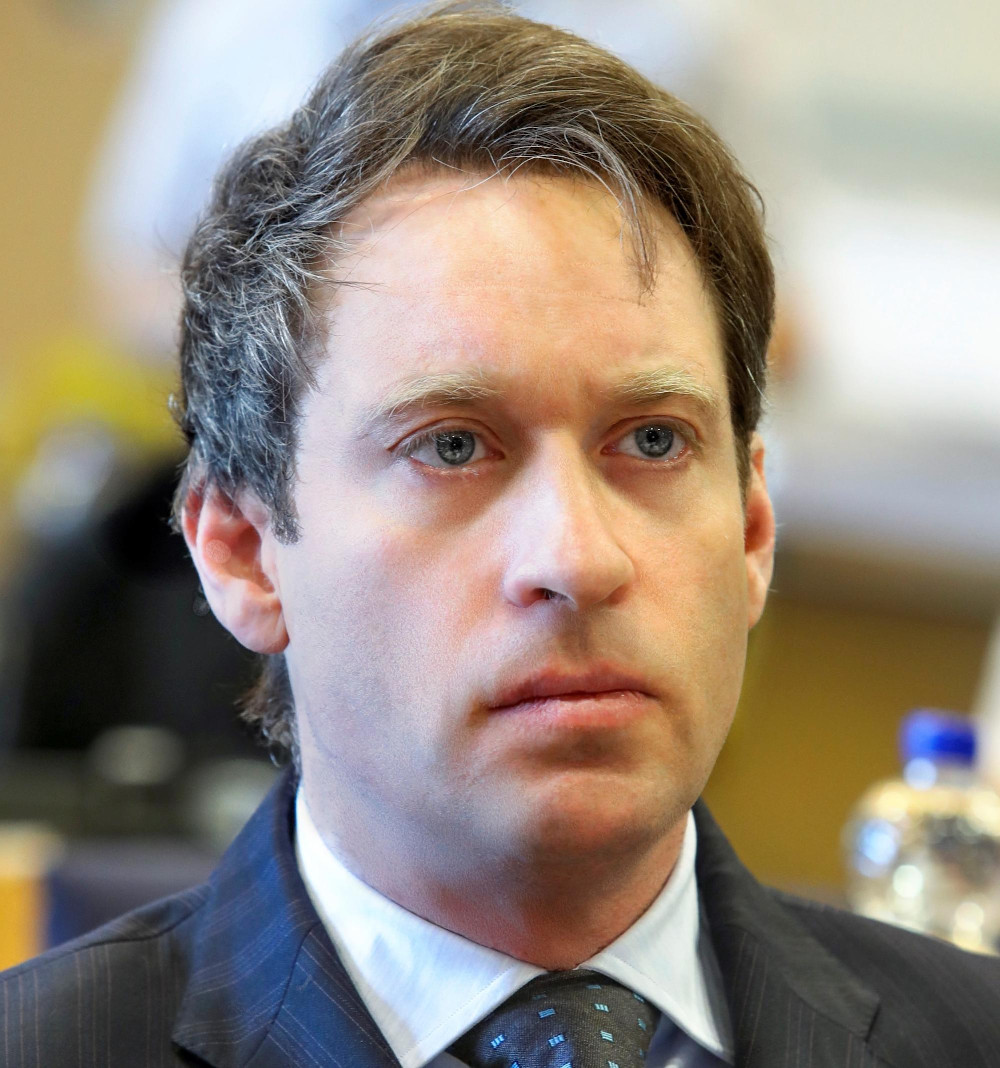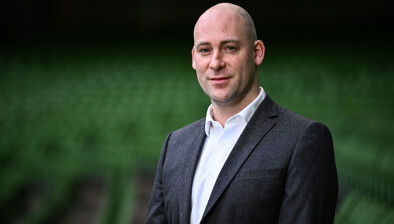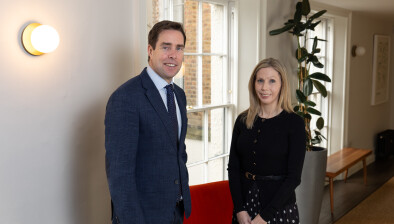QUB School of Law launches new Global Intellectual Property and Technology Centre

Professor Giancarlo Frosio
Queen’s University Belfast School of Law has launched a new Global Intellectual Property and Technology Centre (G-IPTech) aimed at becoming a global hub of excellence for intellectual property and technology law.
Professor Giancarlo Frosio has been appointed as director of the centre, an interdisciplinary research hub which will bring together experts from law, technology and other relevant fields to explore emergent issues at the intersection of technology, intellectual property and law.
Speaking at the official launch event, Professor Joan Loughrey, head of the School of Law, said: “I am delighted and proud that today has seen the launch of the interdisciplinary G-IP Tech Centre.
“This is an important and timely initiative that speaks directly to who we are as a school and demonstrates our responsiveness to the changing needs of the society within which we are embedded.
“This inaugural conference has showcased the school’s cutting edge research in these interlocking fields, and the potential for further national and international collaborations that will leave us well placed to address pressing global challenges in intellectual property law and technology.
“I want to thank Lord Justice Arnold and our Lady Chief Justice for their support, Professor Giancarlo Frosio, director of the centre, for his leadership, and our guests and my colleagues who supported the launch through presenting, moderating and attending.”
The centre’s mission is to forge a path that embraces ‘glocalisation’, sustainability, and the protection of fundamental rights in our algorithmic society. It aims to reshape regulatory frameworks to prioritise the public interest and ensure that technological development translates into social progress.
Professor Frosio said: “The G-IPTech Centre will serve as a platform for collaboration, fostering innovative research and impactful real-world solutions. It is set to play a pivotal role in shaping a sustainable future where citizens, users, and humanity itself take centre stage.”









